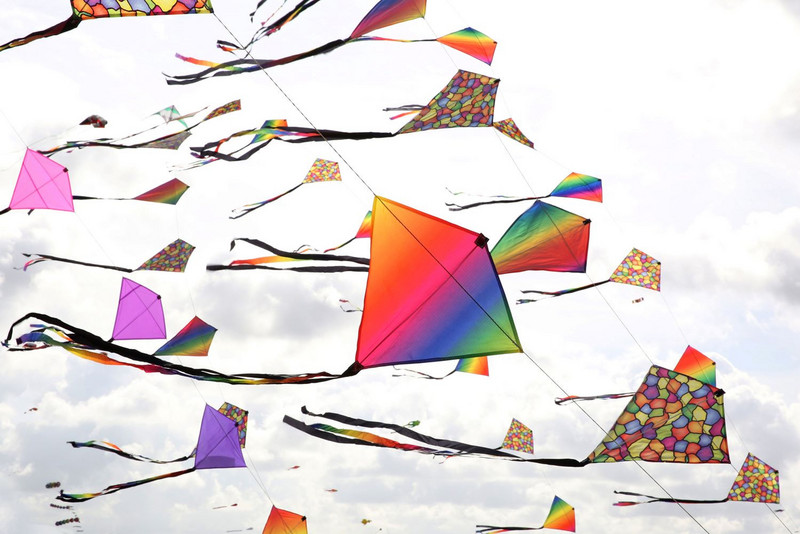Ten Years of the Diesterweg Scholarship in Darmstadt

SAGST project manager Jana Weische acknowledged the success of the educational project, which celebrated its tenth anniversary on 16 September at the Waldoni Circus in Darmstadt-Eberstadt: “Ten years of DWS in Darmstadt have been marked by colourful diversity, valuable encounters and lasting experiences that not only enrich the lives of the families and the responsible team, but ultimately also our society.” Through a two-year scholarship, the DWS supports primary school children, as well as their siblings and parents, with all the issues surrounding school and education. The concept of the funding programme, named after the reform educator Adolph Diesterweg, was developed by the Polytechnic Foundation of Frankfurt am Main. Since 2008, it has focused on the important role the family plays in academic success – in various locations throughout Germany.
Thanks to SAGST’s initiative, the scholarship has also been present in Darmstadt since 2013, where it is coordinated by the Darmstadt-Dieburg social welfare office. The latter organises family days and joint excursions for parents and children as well as holiday courses for the scholarship holders. Workshops teach learning strategies and techniques, allowing the children to acquire media literacy skills and discover their creative side, and there are consultation hours for individual counselling and support. In addition, the families can apply for educational grants for the purchase of books and other school materials. Meanwhile, the Darmstadt project team and the new families are already toeing up to the starting line for round six, which begins in October. With 15 to 18 families participating in each round, the project reaches 70 to 80 people, including parents and siblings, for a total of 78 families and about 400 people in Darmstadt since it all started ten years ago.
The DWS allows people in the most diverse cultural contexts to come into contact with each other across city districts, take time for joint activities and discover previously unknown places of learning. Many of the participating families have a migration background. The scholarship helps them to navigate the German school system but also opens up new prospects for their own resources, such as by consciously perceiving multilingualism and interculturality as an advantage. “We received a lot of information: about secondary schools, learning, the media (...), our life in this society and our opportunities here,” is how one parent from round five describes his experience. The younger siblings also benefit, as the project specifically targets families with more than one child.
